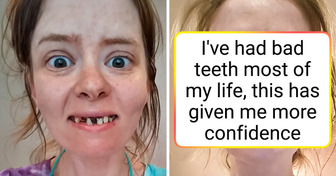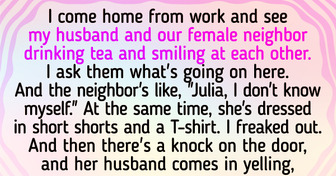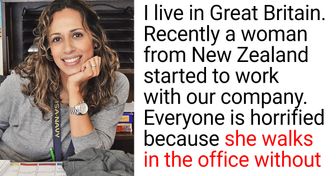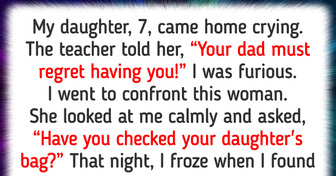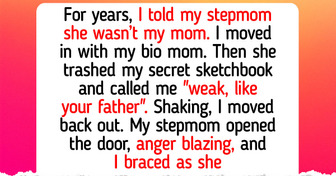12 People Whose Jobs Come With More Plot Twists Than a Thriller

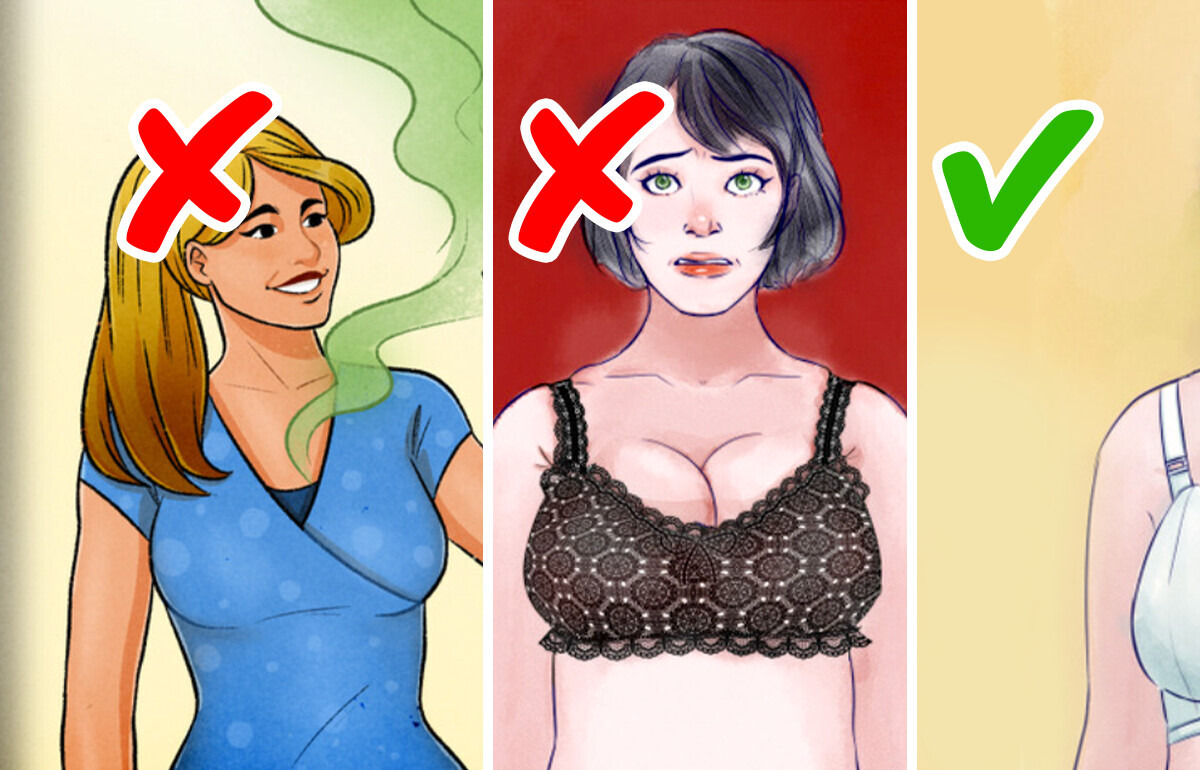
Breast cancer is often linked to clear signs like lumps or changes in breast shape, but some symptoms are easy to miss. Many people ignore small changes, which can delay early detection when treatment works best. Here are six subtle signs of breast cancer that many overlook—but shouldn’t ignore.
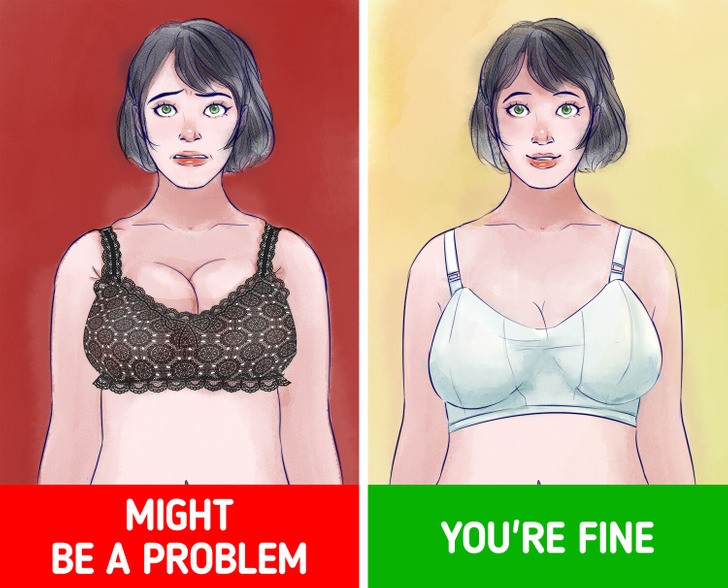
If your breast becomes swollen for no clear reason, especially with skin changes, it could be a sign of inflammatory breast cancer. Unlike typical breast cancer, this aggressive form doesn’t always come with a lump.
Instead, cancer cells block lymphatic vessels in the skin, causing noticeable swelling, redness, and a heavy sensation. It’s important to see a doctor if you notice these symptoms.
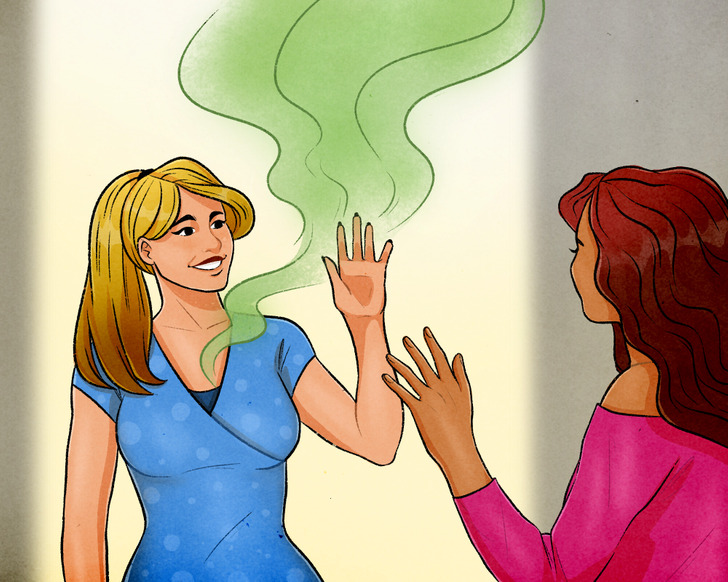
Sweating more than usual, especially at night, might be an easy-to-miss sign of cancer. Infections, which are common in cancer patients, can induce high fevers, resulting in excessive sweating when the body cools down.
Sometimes, cancer itself or its treatments can trigger sudden, unexplained sweating. This can be an important symptom to watch for.
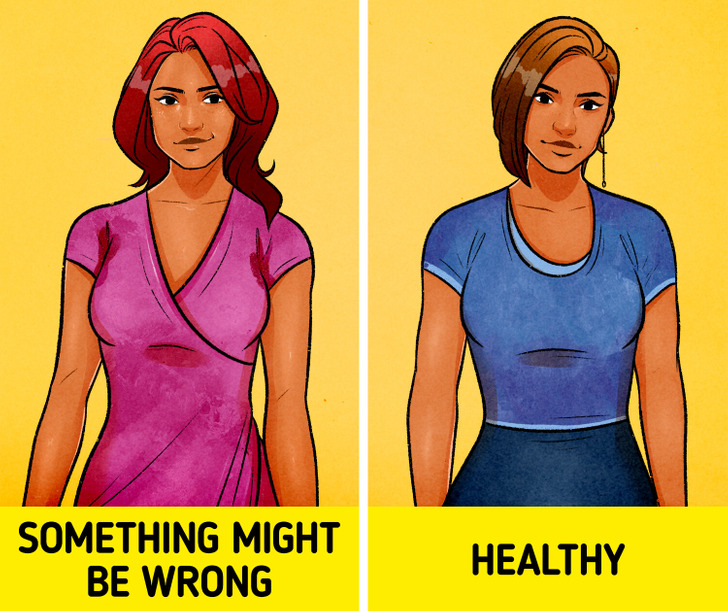
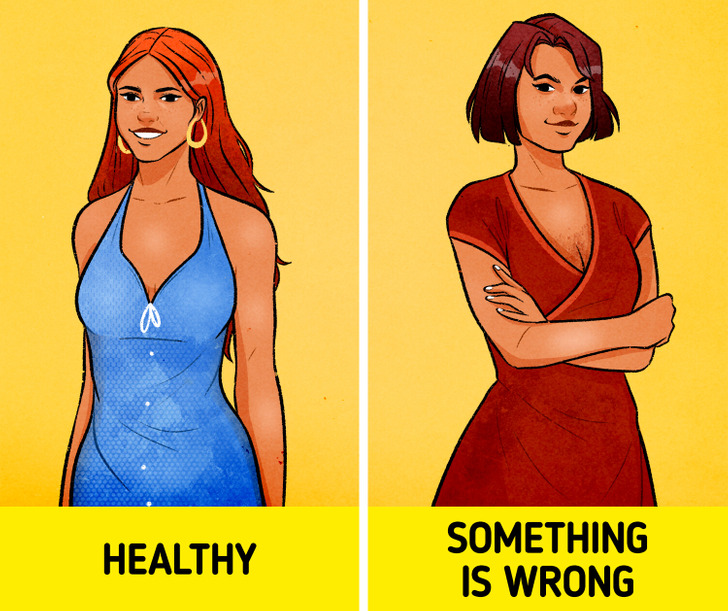
Persistent itching in the breast is often seen as a small problem, but in some cases, it can indicate something more serious, like inflammatory breast cancer. Unlike other forms of breast cancer, this type may not cause lumps, making itching one of the few early signs.
If the itching continues and doesn’t get better with lotion or other treatments, it’s a good idea to see a doctor.
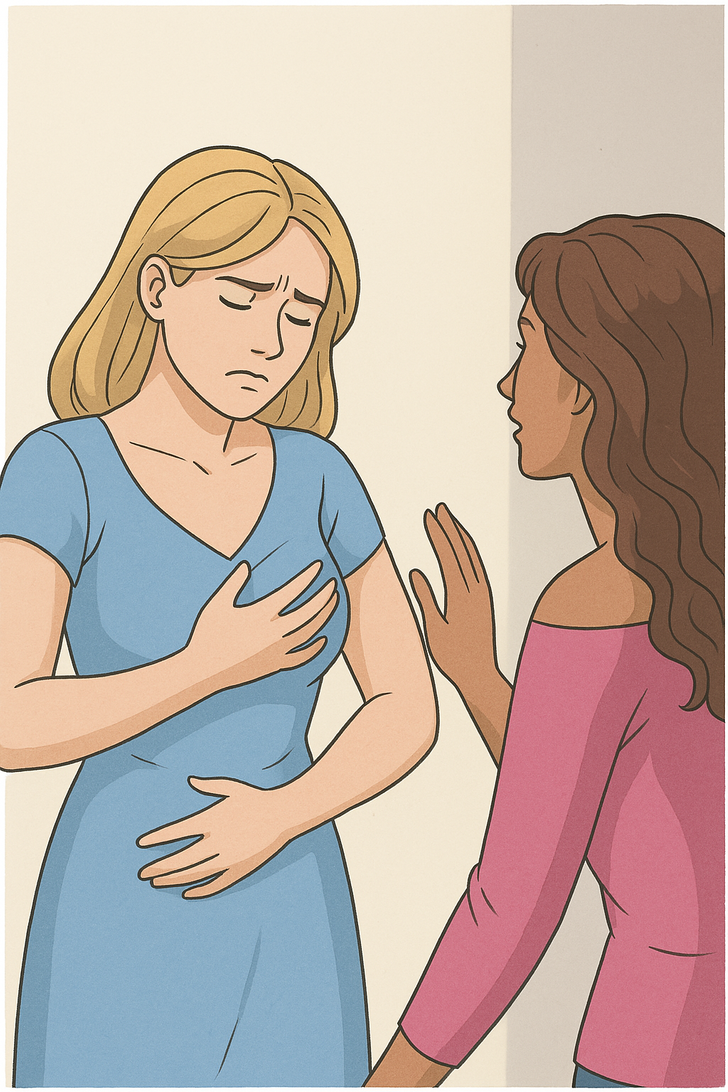
While occasional breast pain is usually not a cause for concern, persistent pain in the breast or armpit that doesn’t go away could be a sign of inflammatory breast cancer.
Unlike other types of breast cancer, this aggressive form often doesn’t cause a lump. Instead, cancer cells block the lymph vessels in the breast, leading to symptoms like ongoing pain, burning, or itching.
The affected breast may also feel warmer than the other one. If you experience unusual or persistent pain, or notice other changes, it’s important to see a doctor for early detection and treatment.
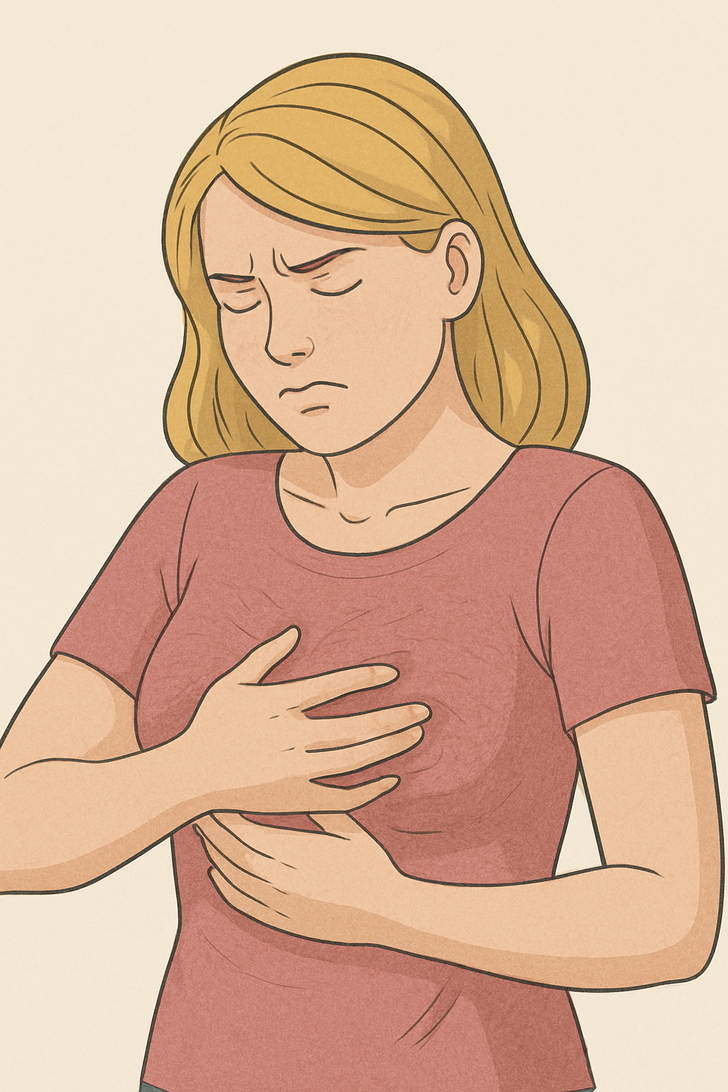
A sudden change in the texture of your breast skin, like dimpling or puckering, can be a warning sign. This “orange peel” effect occurs when cancer cells block lymphatic vessels, causing fluid to build up and tighten the skin.
If your breast feels rough, thickened, or has an unusual texture, it’s important to seek medical attention as it could signal a serious issue.
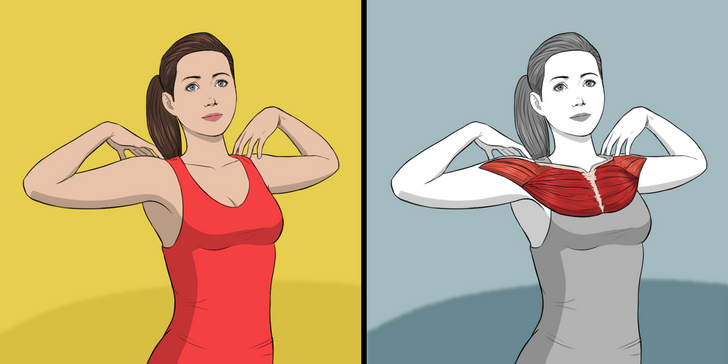
Extreme fatigue could be more than just muscle strain—it might be a sign of secondary breast cancer, where the cancer has spread beyond the breast.
In this advanced stage, the fatigue is persistent and can make everyday tasks feel overwhelming. If you experience continuous weakness or tiredness, it’s important to talk to your doctor.
Your body often gives you signs when something’s wrong, but many people ignore the early warning signs of colon cancer until it’s too late. Here are five key symptoms your body might be trying to tell you about—pay attention to them.

